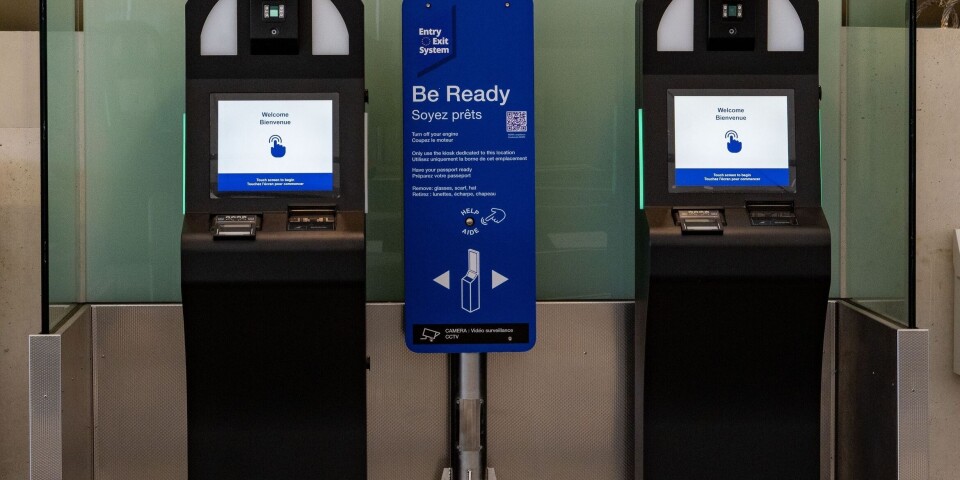-
What is the tontine option for property in France?
Option should be considered if buying for the first time
-
Is it possible to transfer my apartment to my daughter in France?
Gifting only residual ownership is one of many options
-
Car ownership costs on the rise in France
Up to 80% of monthly household transportation budget goes towards vehicle costs
What must car-sharers know about insurance and tax?
Are there insurance or tax issues to consider to drive with the car-sharing service BlaBlaCar? H.S.

Generally speaking, no, there should be no particular issues with insurance or tax.
When it comes to insurance, covoiturage with sharing of costs (which is not considered a professional activity) does not require you to take out anything additional – passengers are covered by third-party (responsabilité civile) insurance that is standard with car policies.
As part of its service, BlaBlaCar also offers additional guarantees which are automatic – assistance in the event of a breakdown (repair or towing; transport to your destination or starting point; if necessary a hotel stay); and reimbursing the excess which your own insurer may charge if you allow another BlaBlaCar driver to use your car and he or she has an accident.
As for taxation, money that you make from the scheme is considered as just a sharing of the journey costs, and not declarable profit.
For this to apply the money you are given by passengers must not exceed the real costs of the journey (petrol, péages, wear and tear…). For this reason BlaBlaCar advises not to charge a passenger more than 1.5 times the cost of petrol plus péages divided by number of passengers. Another way of looking at it is that you must not be paid more than the barème kilométrique (an amount per kilometre of around €0.4-0.6 that increases with the power of the car) plus the cost of péages (the precise figure is updated annually by the tax authorities).
There is one exception – if you drive people regularly in the context of work journeys, and use the frais réel (real expenses) method of declaration, you should declare the money received from passengers as income and also declare your expenses.
























